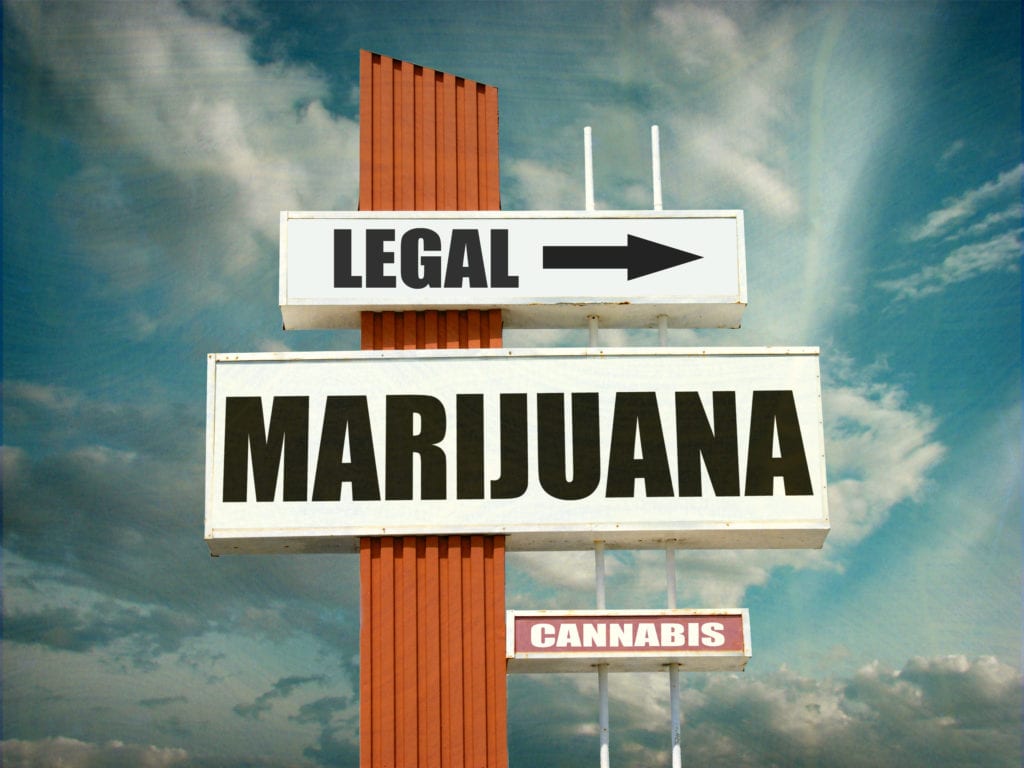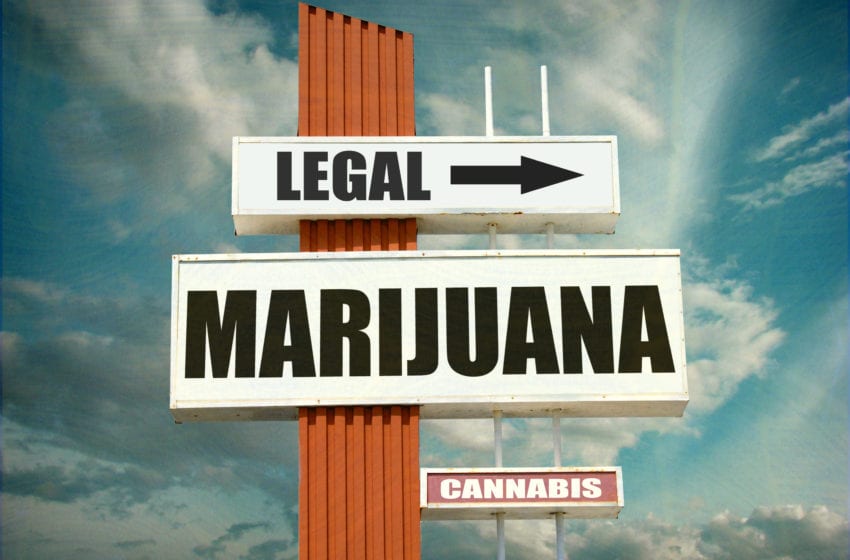
While some public health experts have expressed concerns that the legalization of marijuana could fuel a rise in the use of tobacco products, a new study instead concludes that state-level cannabis reforms are mostly associated with “small, occasionally significant longer-run declines in adult tobacco use.”
Researchers did find “consistent evidence” that the adoption of state recreational marijuana laws (RMLs) led to a slight uptick in cannabis use among adults—of between about two and four percentage points, depending on the data source—but tobacco didn’t follow that trend.
If the apparent substitution effect from cigarettes to marijuana that’s being driven by legalization were extended nationally, it could result in healthcare cost savings worth more than $10 billion per year, the study concluded, reports Marijuana Moment.
“We find little empirical support for the hypothesis that RMLs increase the net consumption of tobacco, as measured across a wide range of combustible tobacco products as well as [e-cigarettes],” they wrote. “Rather, the preponderance of evidence points to small, occasionally significant longer-run declines in adult tobacco use.”
Authors at Bentley, San Diego State and Georgia State universities published the findings in the Journal of Health Economics last month, calling the report “the first to comprehensively examine the impact of recreational marijuana legalization on tobacco use.” The study draws on federal data from the Population Assessment of Tobacco and Health (PATH) and the National Survey on Drug Use and Health (NSDUH).
At a time of surging public support for cannabis legalization, the researchers write, “public health experts have taken a more cautious approach, urging more research to assess the health benefits and costs of marijuana use, as well as to understand potentially unintended consequences on other health behaviors.” Some have raised concerns that reform could lead to the “renormalization” of smoking, potentially reversing nearly half a century of declining cigarette use.

